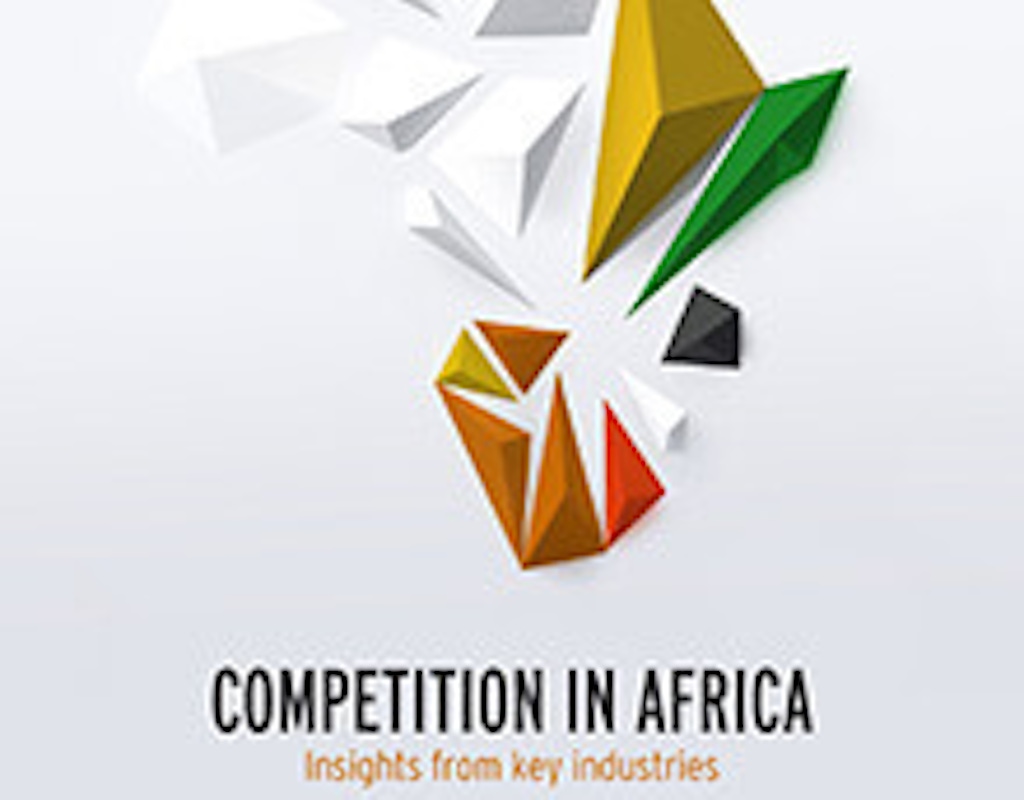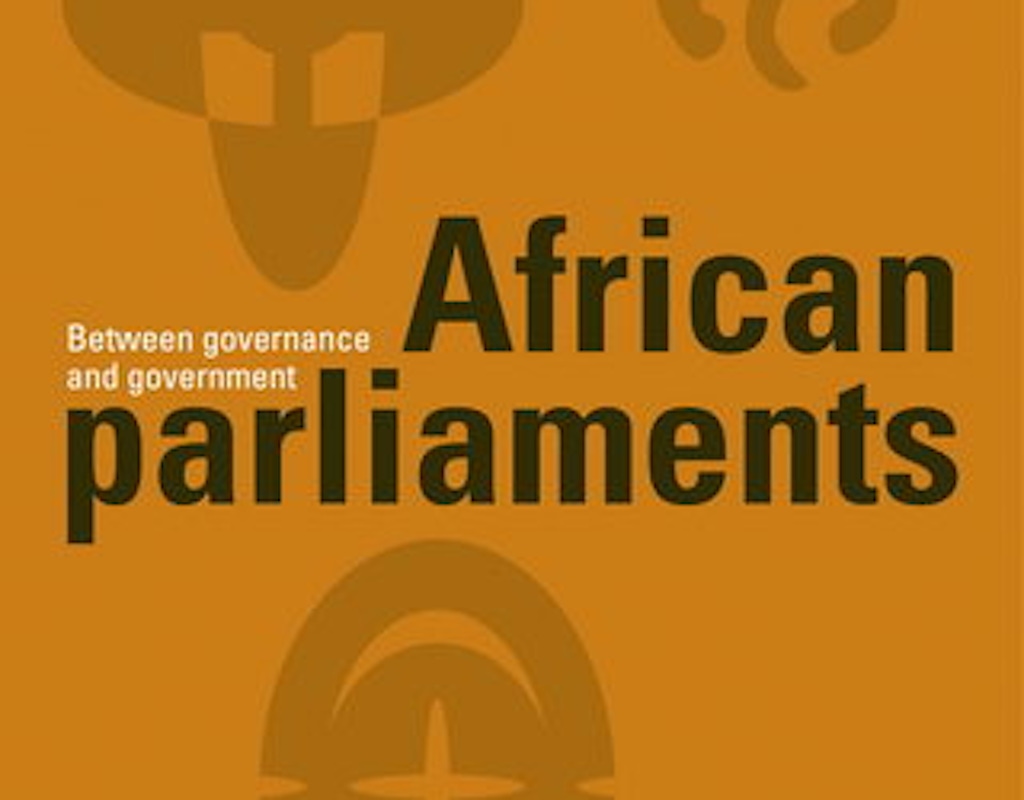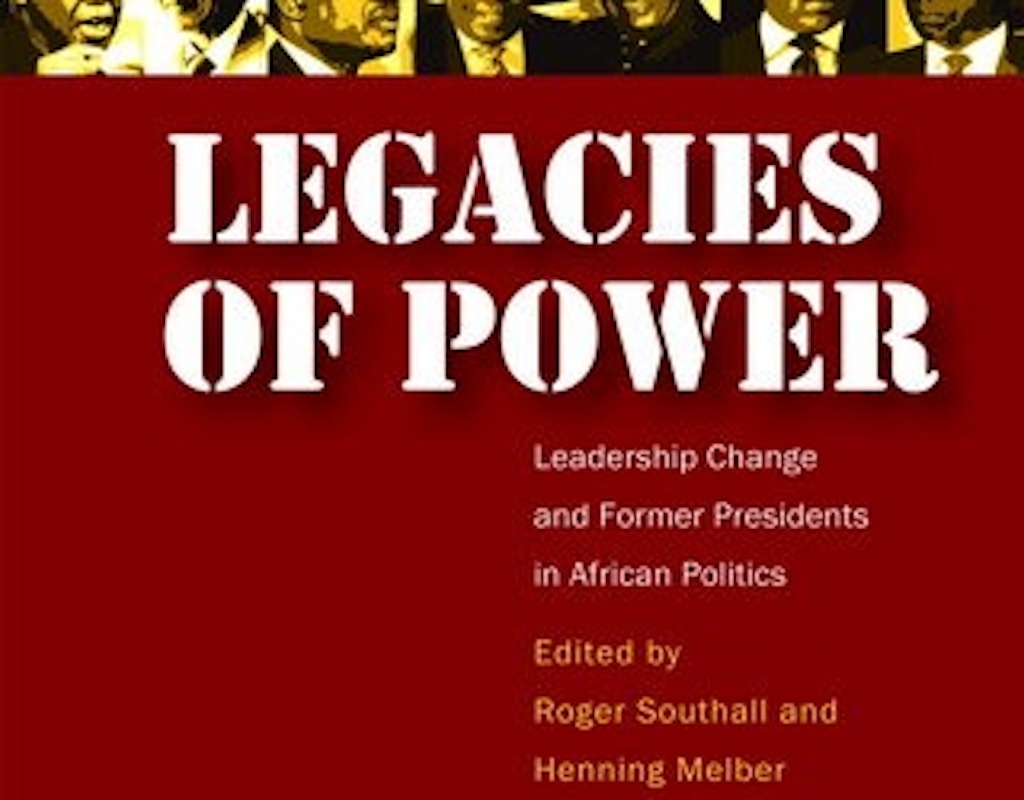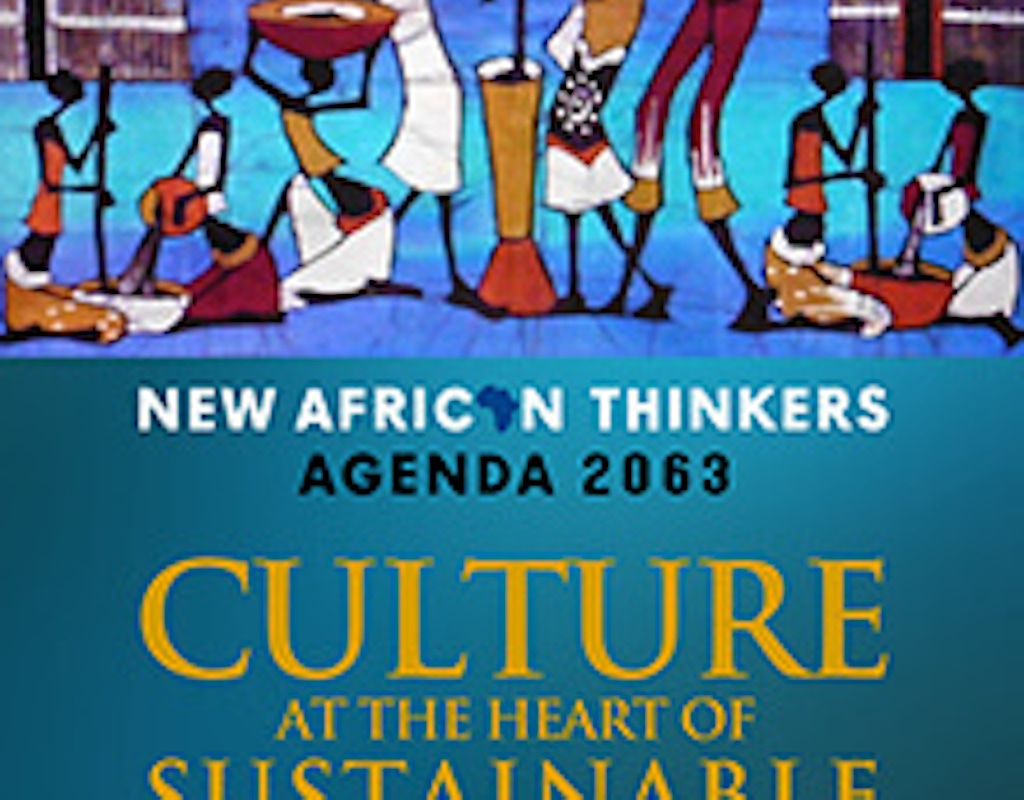
Sankara’s legacy, unclear as it may be, still lives and he remains immensely popular. If you travel through Africa his image is unmistakable. His picture, with beret and broad grin, is pasted on run-down taxis and is found on the walls of local bars. Internationally Sankara is often referred to as the ‘African Che Guevara’ and like his South American counterpart; it is his perseverance, dedication and incorruptibility that appeal to the imagination.
Voices of liberation: Thomas Sankara starts with a comprehensive timeline covering Thomas Sankara’s life and major events in the history of the continent and region.
His Life section provides the most critical and fraternal assessment of the 1980s radical experiment within the broader history of the country, the region and continent.
His Voice section succinctly provides a selection of Sankara’s speeches, broadcasts and interviews and gives us insight to his outlook on the world.
His Legacy section combines an almost poetic tribute to the flawed through heroic period of Sankara’s ‘revolution’ with an incredibly relentless and honest analysis. This is done through the story of last year’s uprising against Compaoré – with haunting lessons for South Africa.
Product information
Timeline: Events in and related to the life of Thomas Sankara
His life
Introduction
Sankara and French West Africa
Colonisation
Towards decolonisation in Upper Volta
Independence until 1980: A strange freedom
Mining and industry: Fragile beginnings
Class and independence
The first republic
Trade unions
1966–80: Increasing tension within the state
1980–83: Prelude to revolution
Sankara takes the stage
Factions find form
The revolutionary years
Society and its contradictions
Revolutionary paralysis
Taking on vested interests
The unions
His voice
Struggle for a bright future
The political orientation speech
Our White House is in black Harlem
Dare to invent the future
Save our trees, our environment, our lives
The revolution cannot triumph without the emancipation of women
We can count on Cuba
You cannot kill ideas: A tribute to Che Guevara
His legacy
Remembering Sankara: The past in the present – Jean-Claude Kongo
The Sankara touch inside Burkina Faso: Homeland or death!
Sankara’s revolution seen from the outside
The ghost of Sankara eclipses Blaise Compaoré
After Blaise Compaoré: The clashes and hopes of the political transition
Unpicking revolution: Sankara’s elusive revolution – Leo Zeilig
Ideological clarity
Conclusion
Postscript: From Sankara to popular resistance – Leo Zeilig and Jean-Claude Kongo
Select bibliography
Books on Thomas Sankara’s speeches
Films and documentaries on Thomas Sankara
Books on Thomas Sankara
Web articles on Thomas Sankara
Websites
Authors’ biographies
Index



